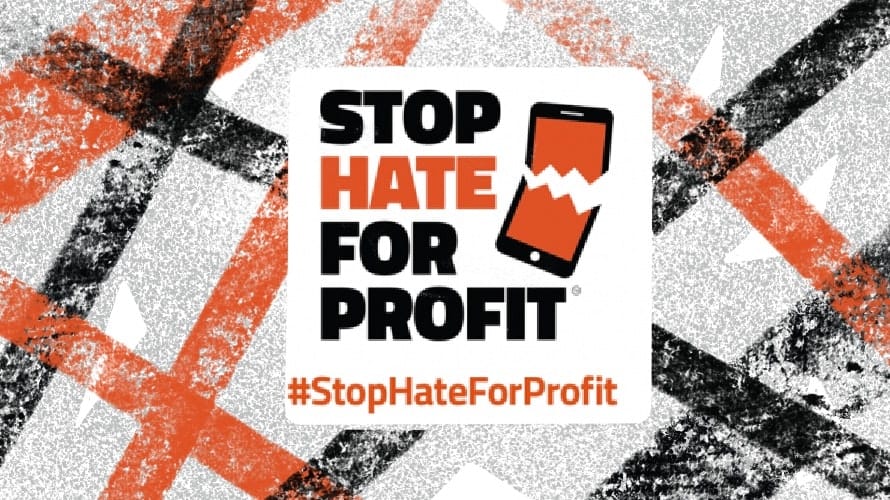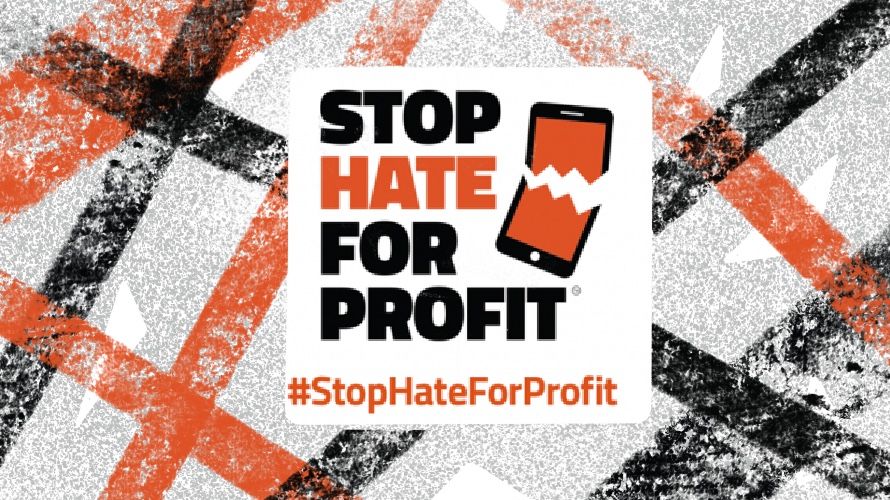Publishers Are Not Boycotting Facebook
Most still have active campaigns, a few have stopped, and others have started

On June 6th, I wrote about a movement to boycott Facebook ads in order to protest the way the platform spreads misinformation, disinformation, and allows hate groups to flourish. Media Matters, a liberal think tank, wanted to use an event this week — the annual NewFront advertising presentations — to bring financial pressure on Facebook via boycotts, getting civic-minded organizations to stop advertising on Facebook during July.

Since then, pressure has increased as Facebook has again been caught allowing hate groups to flourish on its platform, as Judd Legum writes in his “Popular Information” newsletter:
Facebook has failed to curb toxic content on its platform — including misinformation, violent threats, and voter suppression. Just last week, [Legum] reported that Facebook pages dedicated to the Boogaloo movement, which includes “white nationalists and neo-Nazis who want to see society descend into chaos so that they can come to power and build a new fascist state,” continue to thrive. Facebook allows these Boogaloo groups to proliferate even though two members of these groups were just charged in the cold-blooded murder of a federal officer. The alleged shooter and his accomplice met in a Facebook group.
Now a coalition of activist groups, including the NAACP, the Anti-Defamation League, and Sleeping Giants, have started a campaign to force Facebook to change. The effort, called “Stop Hate for Profit,” asks corporations “to stand in solidarity with our most deeply held American values of freedom, equality and justice and not advertise on Facebook's services in July.”
So far, North Face, REI, and Patagonia have indicated they will be boycotting Facebook in July, while a major advertising firm — 360i — is “advising clients to support [the] ad boycott against Facebook.” As Legum documents, in an email to clients, 360i wrote that it “believes any social platform that earns profits by amplifying the voices of their community must have a zero-tolerance policy for hate.” Clients of 360i include McCormick (spice maker), Discover (credit cards), and Unilever PLC (a major advertiser, with brands like Lipton, Hellman’s, Axe, and Ben & Jerry’s.)
In the initial post on this topic, I documented which publishers I could find using Facebook ads. Here’s an updated list. As you’ll see, there is no apparent trend toward a boycott of Facebook advertising yet, and perhaps there’s even increased use of the platform.
Publishers or societies that appear to have stopped advertising on Facebook are listed in bold type:
- Academy of Management — one ad started March 2019
- AIP Publishing — multiple ads, started June 22 or June 18, 2020
- American Academy of Neurology — multiple ads, started mid-June 2020
- American College of Cardiology — multiple ads, most recent started June 22, 2020
- American College of Chest Physicians — multiple ads, started June 17, 2020
- American College of Physicians — multiple ads, most recent started June 18, 2020
- American Dental Association — multiple ads, most recent started June 22, 2020
- American Psychological Association — no active ads
- American Society of Clinical Oncology — multiple ads, mos recent started June 22, 2020
- American Urological Association — multiple ads started in mid-June
- Annual Reviews — two ads started June 21 and June 22, 2020
- Cambridge University Press — multiple ads started June 19, 2020
- De Gruyter — multiple ads, most recent started June 11, 2020
- EBSCO — no active ads
- Elsevier — multiple ads, most recent started June 22, 2020
- Emerald Publishing — multiple ads, most recent started June 15, 2020
- Endocrine Society — no active ads
- Frontiers — multiple ads, most recent started June 19, 2020
- Harvard University Press — no active ads
- IEEE and IEEE Xplore — multiple ads, most recent started June 17, 2020
- JAMA — no active ads
- JBJS — multiple ads, most recent started June 18, 2020
- JMIR Publications — no active ads
- Johns Hopkins University Press — two ads, most recent started June 6, 2020
- Karger Publishers — multiple ads, most recent started June 19, 2020
- Mary Ann Liebert — multiple ads, most recent started June 15, 2020
- McGraw-Hill — multiple ads, most recent started June 22, 2020
- MIT Press — multiple ads, most recent started June 22, 2020
- Modern Language Association — one ads, started February 25, 2020
- NEJM and NEJM Knowledge+ — multiple ads, most recent started June 22, 2020
- Oxford University Press — multiple ads, most recent started June 22, 2020
- PNAS — multiple ads, most recent started June 22, 2020
- Project MUSE — two ads, both of which have been made inactive
- ProQuest — multiple ads, most recent started June 22, 2020
- RSNA — one ad started on June 2, 2020
- Royal Society of Chemistry — multiple ads, most recent started on June 17, 2020
- SAGE Publishing — one ad started on June 22, 2020
- Springer Nature — multiple ads, most recent started June 22, 2020
- Taylor & Francis — multiple ads, most recent started June 18, 2020
- Thieme — one ad started on June 9, 2020
- University of Toronto Press — multiple ads, most recent started June 12, 2020
- Wiley (but only in India) — one ad started on May 14, 2020
- Wolters Kluwer — no active ads
The following publishers were not running Facebook ads as of June 7, but are running them now:
- American Academy of Pediatrics — multiple ads, most recent started June 22, 2020
- American Chemical Society — one ad started on June 22, 2020
- American Physiological Society — multiple ads, most recent started on June 18, 2020
- American Water Works Association — multiple ads, most recent started June 22, 2020
- BMJ — one ad, started on June 19, 2020
Overall, it appears publishers are not currently viewing association with Facebook as a marketing liability. Some appear to have added advertising more aggressively in mid-to-late June.
I’ll check back in July to see if ads have been removed, made inactive, maintained, or supplemented. In the meantime, look for more controversy to be embroiling Facebook as the platform seeks to solve its misinformation and hate speech problems.